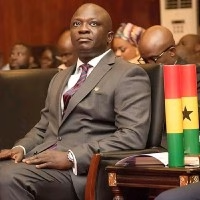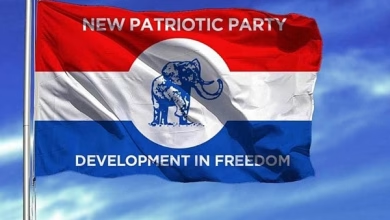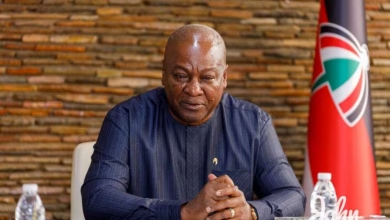The Center for Democratic Development (CDD-Ghana) has affirmed its commitment to advocating for the repeal of the Human Sexual Rights and Ghanaian Family Value Bill, popularly known as the Anti-LGBTQ+ Bill, should President Akufo-Addo sign it into law.
Professor Henry Kwasi Prempeh stressed that CDD-Ghana will persist in its efforts to ensure that the bill does not become a permanent feature in the country’s legal framework.
He urged Ghanaians to thoroughly review the bill and refrain from making decisions based solely on emotions.
Professor Prempeh assured that CDD-Ghana will continue to work towards upholding the rights of all individuals in the country without discrimination.
“Assuming that this bill passes, we will continue to advocate for it to be repealed. So, we will continue to advocate against,” he assured.
Professor Henry Kwasi Prempeh further defended the organization’s stance against the bill.
He asserted that the bill goes against the tenets of the 1992 Constitution of Ghana and should not be accepted.
Professor Prempeh highlighted that the proposed law poses a threat to the fundamental human rights of minority groups in the country.
“When you take the bill as a whole, we believe it offends the constitution because it violates one of the constitutional provisions designed to safeguard some separation of powers between what kind of bill the executive may propose and what can of bill parliament through a private members bill propose.”
“So article 108 states that unless a bill is introduced by or on behalf of the President, Parliament shall not proceed on it if it has some fiscal effects,” he added.
On February 28, 2024, Parliament endorsed a bill criminalizing LGBTQ activities and prohibiting their promotion, advocacy, and financial support.
According to the legislation, individuals found guilty of engaging in such acts could be imprisoned for 6 months to 3 years, while those involved in promoting or financing such activities could face imprisonment ranging from 3 to 5 years.
The approval of the bill has triggered a backlash from numerous stakeholders, including Virginia Evelyn Palmer, the Ambassador of the United States to Ghana.



